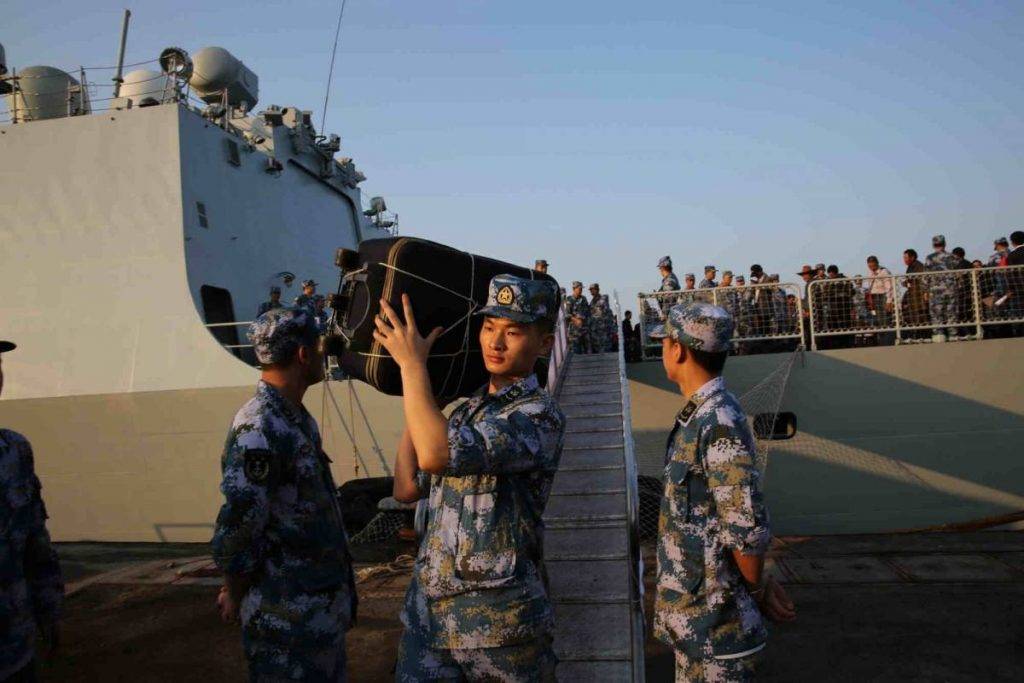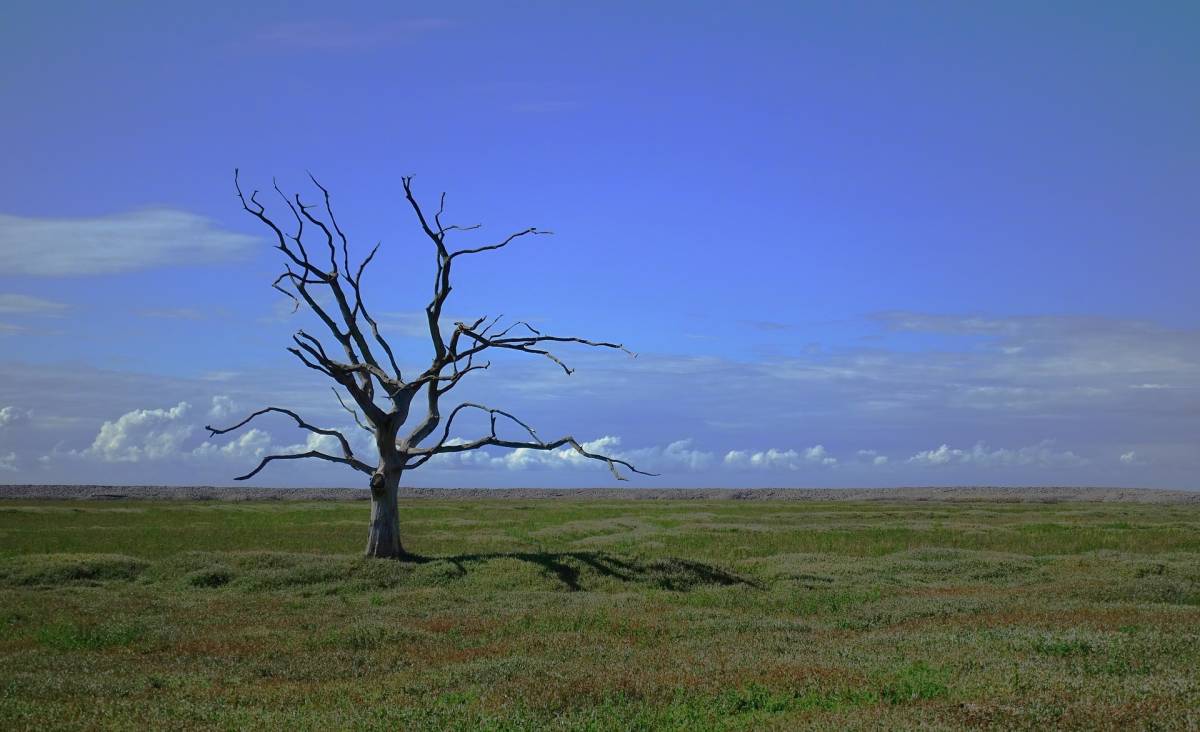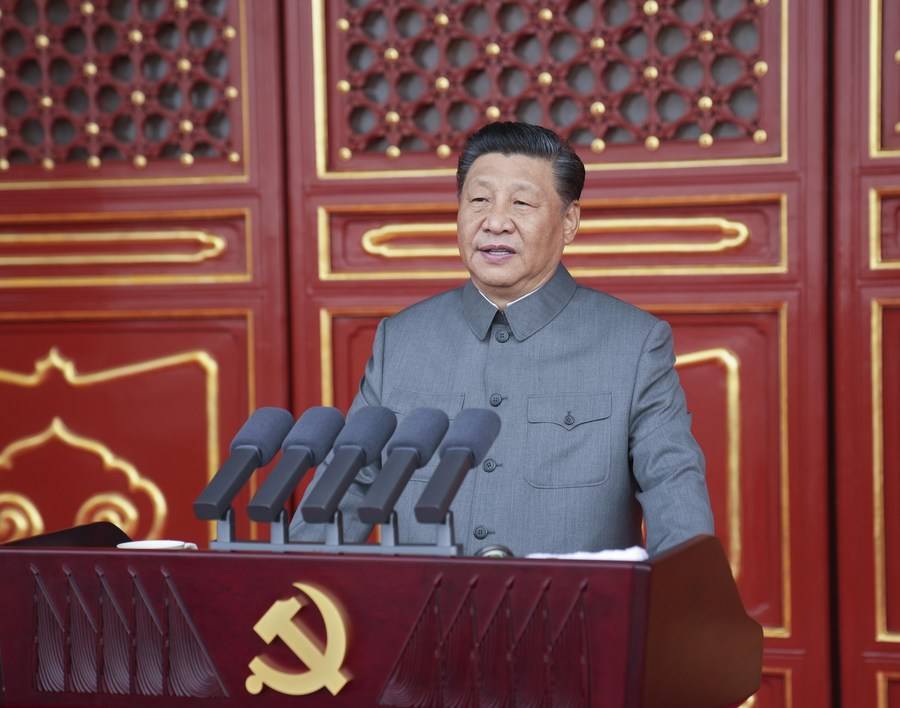China’s Africa exodus means that it will look for new grounds, perhaps shifting to the Middle East, starting in the supposed rebuilding of Syria. …reports Asian Lite News
China has gradually decided to scale back its involvement in Africa and lessened its investment in infrastructure and loans.
While many equate this to the Covid-19 pandemic, others see it as China’s gradual exit from Africa after depleting its resources and profiting from its trade there, Makram Rabah wrote in a recent article.
Rabah is a lecturer in the Department of History at the American University of Beirut.
“Undoubtedly, China can be the true superpower it aspires to become. Yet, these aspirations should not come at the expense of weak or desperate nations. Nor should they be a gateway to further chaos and instability,” Rabah wrote in Al Arabiya.
China’s Africa exodus means that it will look for new grounds, perhaps shifting to the Middle East, starting in the supposed rebuilding of Syria. While, as a whole, China has adopted a policy of non-interference, many of its gestures or lack of only end up empowering the forces of chaos that Iran leads in the region, he said.
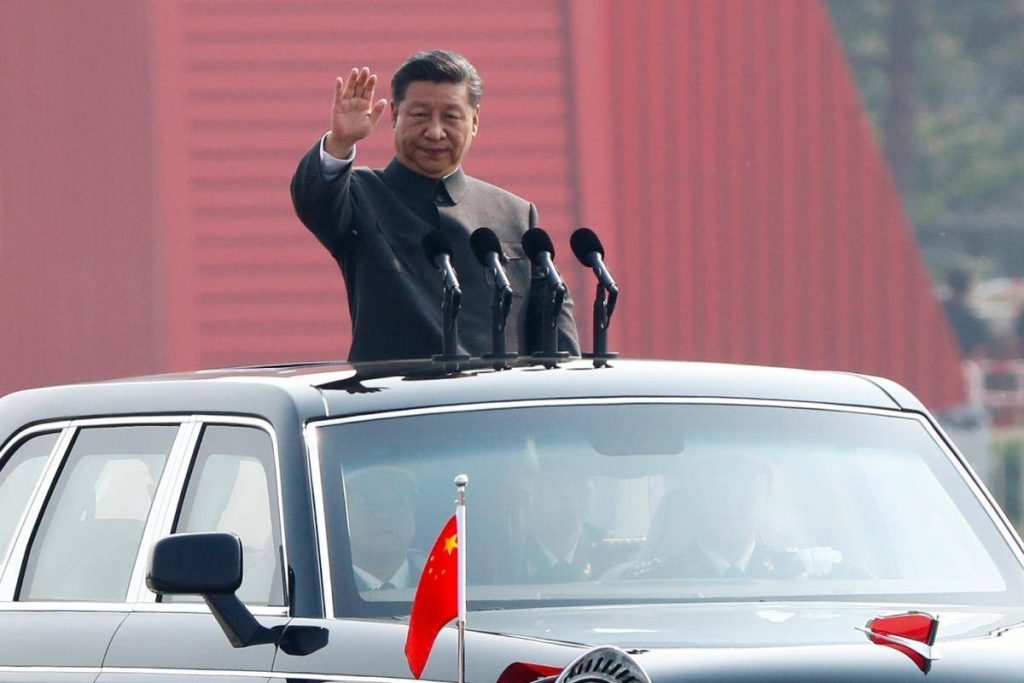
As it stands, it’s estimated that Africa owes over $153bn to China, which Beijing coincidently insists on keeping the content of the monies secret and, in some cases, has gone as far as to deny their existence.
Keeping such loans secretive reflects negatively on these nations’ young citizens, who will discover the exuberant debt they owe late in the day. Some of these loans include the loanee relinquishing national assets and resources in case of default, Rabah said.
This lack of transparency is enough to doubt China’s sincere approach to development and best business practices, he added.
Overall, these policies do not help develop the democracies of these nations that, for many, were caught up in civil wars for decades and governed by authoritarian regimes.
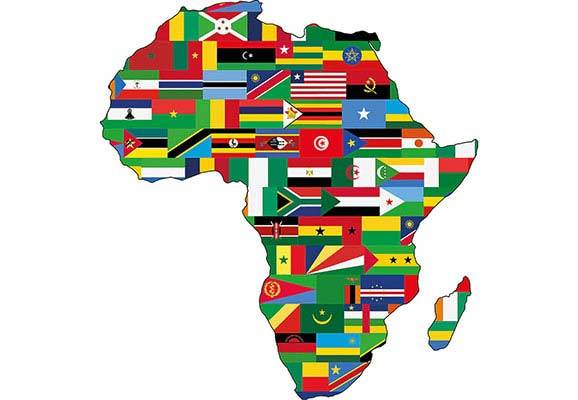
China’s relationship with Africa isn’t limited to its production capacity and comparative prices to the West; Beijing is structuring partnerships for these infrastructure projects as loans and not grants. These countries have placed on themselves, entering into many claims debt traps that won’t end well for them, the article said.
Chinese companies have had the most significant share of these African infrastructure projects, with as much as 40 percent involving Beijing in some way.
China’s role in Africa has visibly increased over the last few decades, mainly looking for resources, crude oil, investments and trade partners, and even going into security and the military sector. Accused by foes and some allies, they claim that China is a resource hunter currently plundering Africa, Rabah said.


